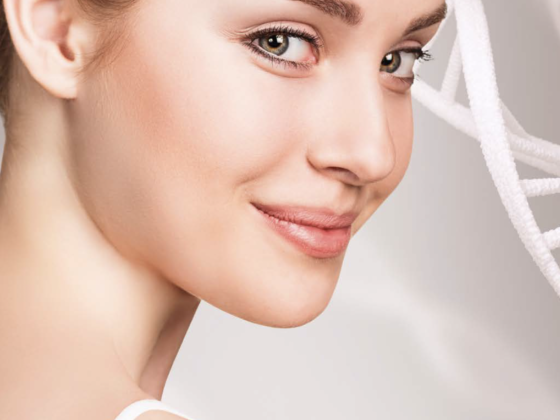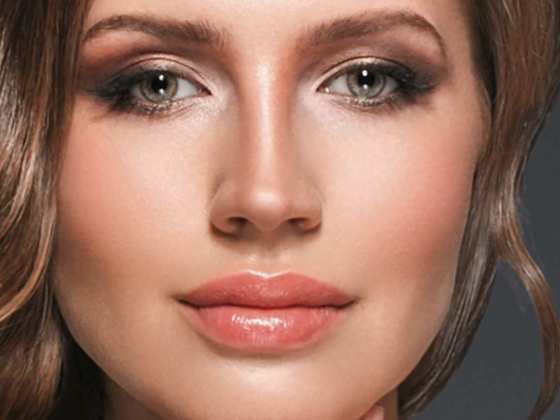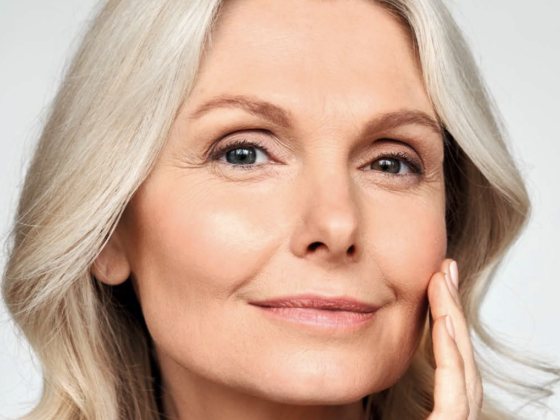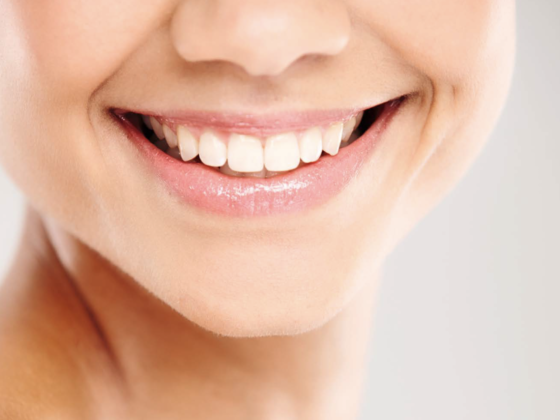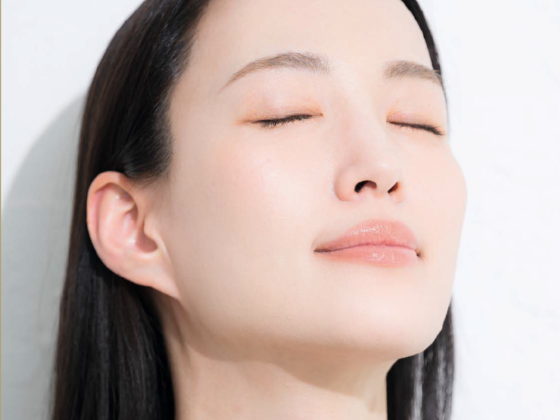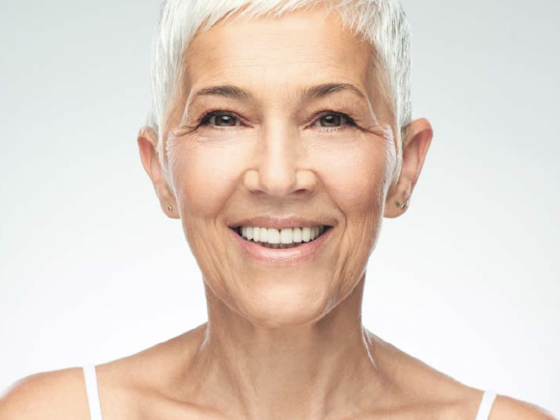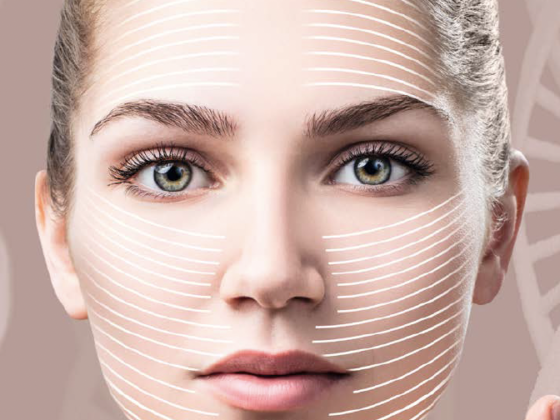Dr Jean-François Bézot
In the 21st-century, we humans have a vital potential that allows us to live longer and longer…and in good health. But we also have to deal with exogenous and endogenous factors that disrupt this aptitude for longevity.
As they become polluted, debilitated and lack energy, the cells become unbalanced and misinformed. They need revitalising. We need to take into account the precession of biological phenomena, which begin anywhere between a few months and five years before any clinical signs start to appear. If we do not tackle the whole situation with a systemic vision of living things, we might fall into the trap of organic illness, pathologies that are both benign and malignant, ranging from simple fatigue right up to cancer. As an example, skin health is a reflection of the body’s overall health; this is why local cutaneous treatments are ineffective if we do not start by treating them from the inside.
A state of malaise is the result of an imbalance that affects our biological signature, and the disruption can appear at all levels of the body and lead to physical or psychophysiological symptoms. In the face of this global approach, the main role of a doctor (from the Latin docere, to teach) – with the exception of the emergency care administered by a clinician – is to inform the patient about the nature and meaning of their malaise, teach them ways in which they can adapt certain aspects of their lifestyle that have caused it, and promote the healing process by helping the patient to reach a state in which their natural healing powers are activated.
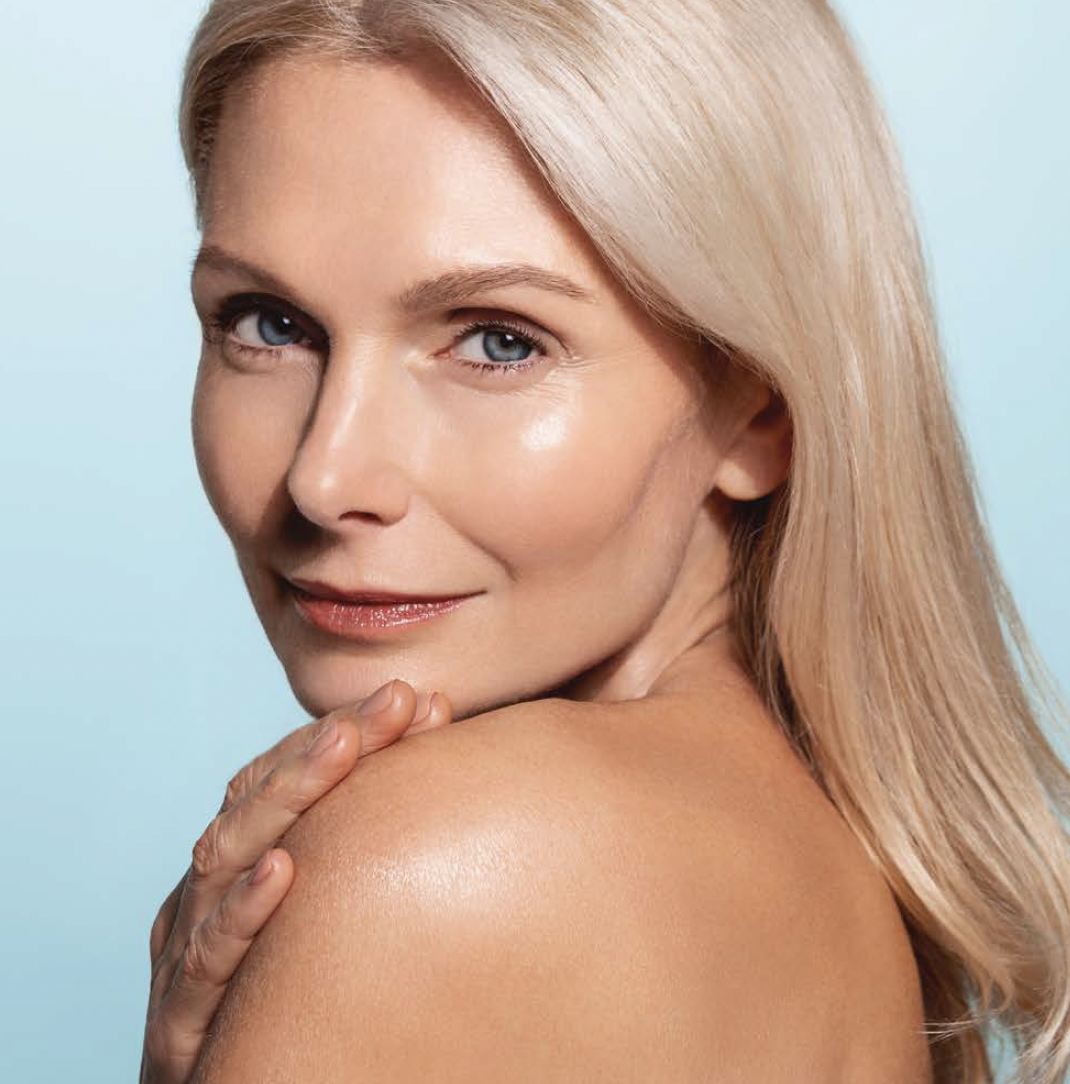
It is a different, disruptive type of medicine, which those in the know call P4 Medicine© (Personalised, Predictive, Preventative and, above all, Participative).
The patient takes charge – in a fully informed way, while being fully aware of their environment – of their state of wellbeing and of their health. This global approach to the notion of health is profoundly ecological, as it is in harmony with Hippocratic tradition, which says that health should be in balance with the environmental influences, lifestyle and the various components of human nature.
Being healthy therefore means being in sync with yourself, both physically and mentally, and also with the world around you. It is down to biologists like me to offer up a systemic and dynamic vision of living things. This global health approach allows for personalised, predictive and preventative biological profiles to be drawn up, designed to optimise the patient’s physical condition, manage bad stress and avoid needless and damaging physical, physiological and psychological suffering.
It all begins with a medical prescription:
Telomeric index, oxidative stress profile, erythrocyte fatty acid profile, trace element and heavy metal profile, full vitamin profile, microbiota and organic urinary metabolites, food tolerance, endocrine profile, cardiovascular and inflammation profile (biopredix.com). The study and expert analysis of all of these assessments allow us to draw up a personalised treatment plan, taking into account all of the body’s infra-clinical deficits and biological excesses. For me, as a biologist, the most beautiful word in the French language is Claude Bernard’s “homeostasis”. These tests allow us to set out an effective micro-nutritional framework to incite the patient to adopt a healthy diet and lifestyle.
The patients are delighted as this promotes better healing, stronger immunity against potential nosocomial illnesses or seasonal viruses, pre- and post-operative stress management, good mental health, better moods and, above all, the acceptance of their desires and feelings. It is a welcome addition that enhances the excellence of French medicine and surgery.
Dr Jean-François Bézot
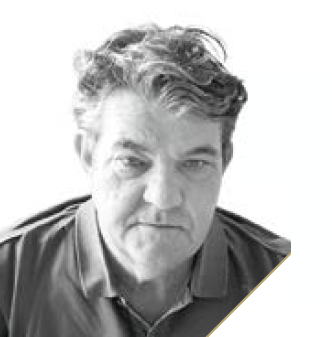
Medical biologist. Pharmaceutical doctor, Paris Pharmaceutical Faculty. Former house pharmacist in the Paris Hospitals. Specialist in anti-aging biology and functional proteomics since 1988. Permanent member of the French Society of Anti-Aging Medicine. International conference speaker. In charge of the university course in Anti-Aging Medicine (Paris Créteil university).
More informations: biopredix.com



